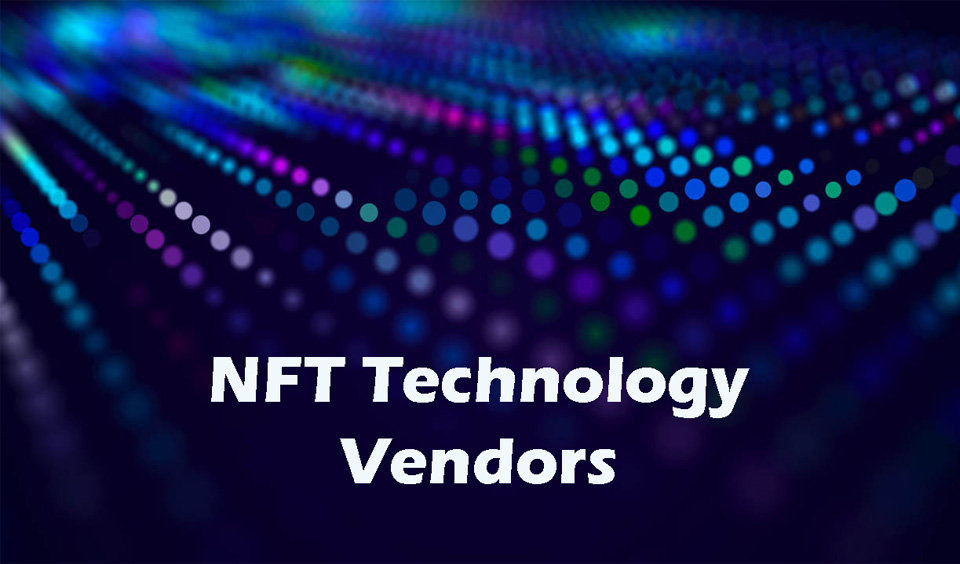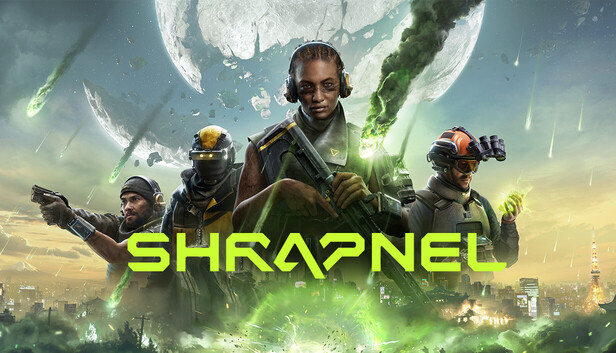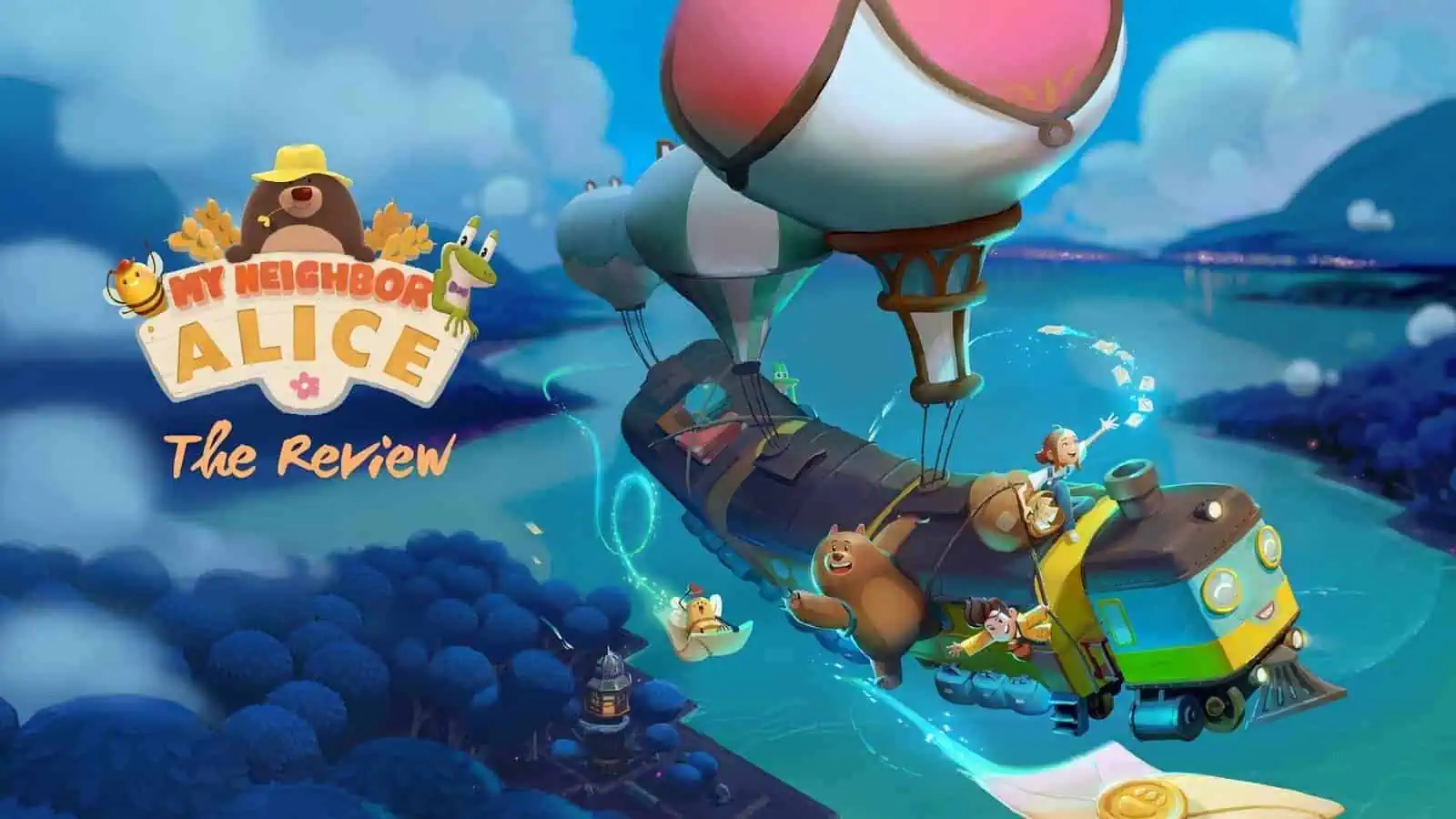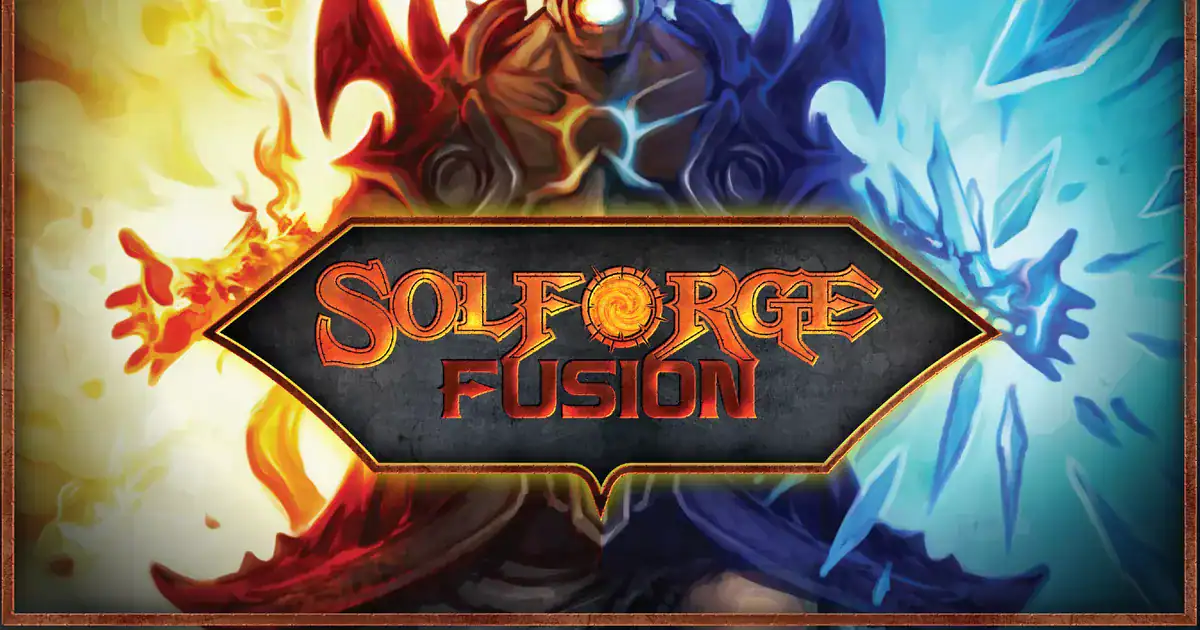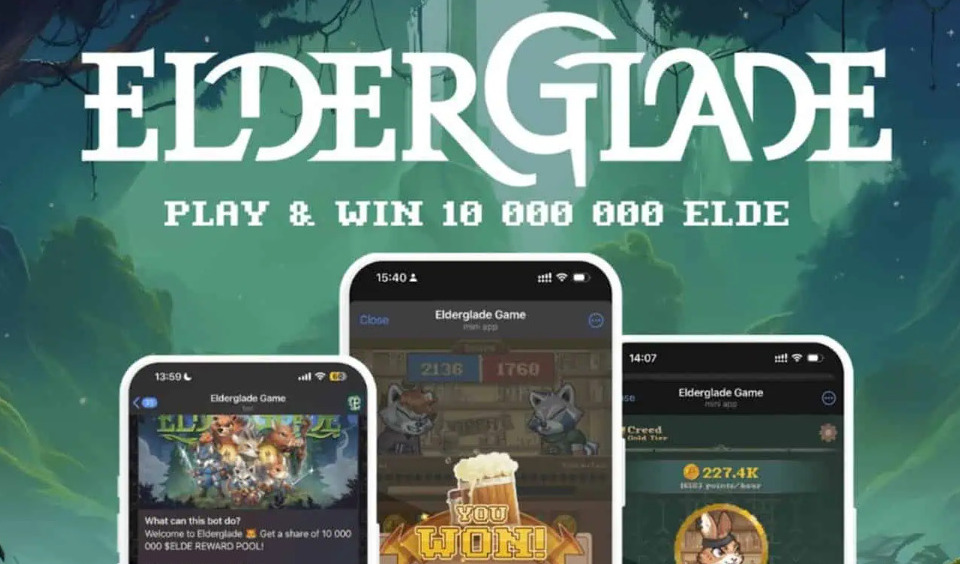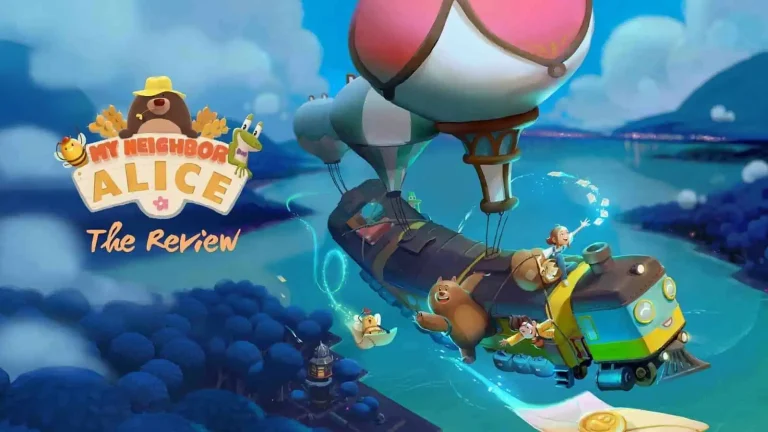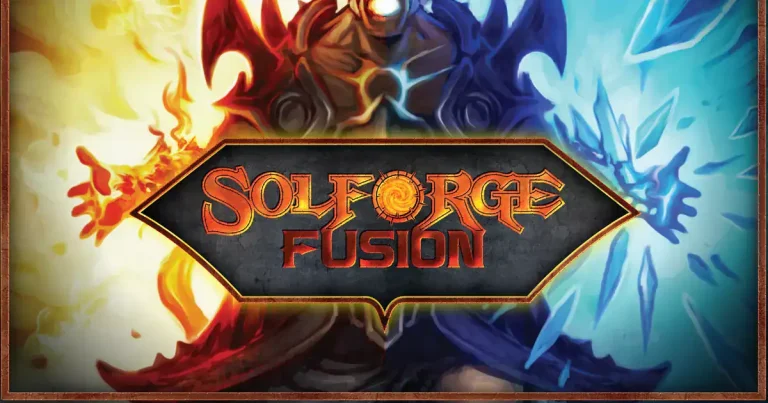There is a significant increase in the demand for NFTs in the market today. Customers and businesses are getting interested in blockchain and exploring the marketplaces to embrace the NFT landscape.
The NFT space has become a powerful platform for creators and organizations to connect with users, unlock sale opportunities, and build brand loyalty.
With numerous benefits that can be leveraged in the NFT domain, stakeholders must understand the mechanisms of how the industry works. The first step is to determine the caliber of NFT technology vendors to partner with.
To ensure a seamless transactional experience with your NFT technology vendors, we will look at three important points that you should consider before choosing. You can regard these three as your compass for choosing an NFT technology vendor.

Understand Non-Fungible Tokens and their Design Prerequisite
The first thing to do if you want to get involved in the Non-Fungible Token space is to understand what it is all about. Know what NFTs are and their functions. You must understand that NFTs are more than graphic designs that people spend fortunes buying.
They are blockchain-based utility items that give access to various assets. NFT gives creators the power to sell access to their content. Today, businesses now use NFTs to authenticate ownership of different services and products.
If you plan to use NFTs as a component of your business strategy, then you need to know what you can use them for and how to leverage them.
It is worth mentioning that everything, from video game in-game assets to digital tickets to virtual and physical events, can be converted into NFTs. With the right developer, artist, and blockchain, you can turn anything into an NFT.
To know the type of vendors to work with, you should decide on the specific components that your NFTs will have. Will you use smart contracts to offer customers full access to unique tools and services, or trade fascinating virtual reality assets?
Ensure that you have the right partners to help design and create your NFT from both visual and administrative perspectives.
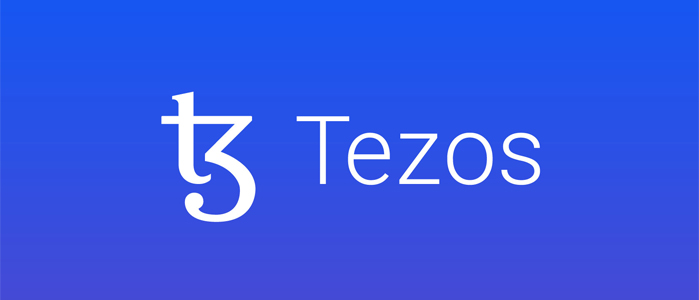
Consider the Blockchains to Use
With an understanding of NFTs and a clear direction as to how to go about developing your NFT, the next thing is to decide on the blockchains to use. What blockchains do you want to build your NFTs on?
It is crucial to emphasize the place of blockchain in NFT development. Blockchain is the fundamental technology upon which all NFT creations are premised.
While there are many popular blockchains, such as Ethereum, new solutions are coming up every time, such as Tezos and Solana. This means you have options to explore.
Therefore, take your time to research each option and decide on the best fit for your project. Here are some important things to consider when choosing a blockchain:
- Security: Although blockchain technology is designed with absolute security in mind, they are still susceptible to different attacks. Therefore, you must research the possible threats associated with any blockchain environment before choosing.
- Strong Smart Contracts: Bug-free and secure code in smart contracts is a critical component of the transparency and security of a blockchain. You should check to see that the smart contracts of your preferred blockchain are subject to regular testing and shows high flexibility.
- Forking: The rarity and uniqueness of NFTs are what make them valuable. Hard Forks, which change the structure of the blockchain, can threaten the NFTs’ value. Therefore, you should consider the potential of forking when you want to choose an NFT vendor.

Decide on Platforms and Marketplaces
After deciding on designers and possible blockchains to build your NFTs, the next thing is to explore NFT marketplaces and platforms. A platform provides you with an environment to mint NFTs, and create native smart contracts and custom contracts.
A marketplace on the other hand provides an environment where individuals can buy and sell NFTs. Although it is not every organization that creates NFTs will list its assets on marketplaces, you may want to explore innovative opportunities for earning potential.
A marketplace can also cover tools that enable people to directly mint NFTs in the marketplace and then list them for sale on the same platform.
Conclusion
Knowing the marketplaces and platforms to work with when creating your NFTs will offer you a great insight into the type of developers and vendors to work with. Your developers and other experts in your team must understand your chosen platforms and marketplaces.

